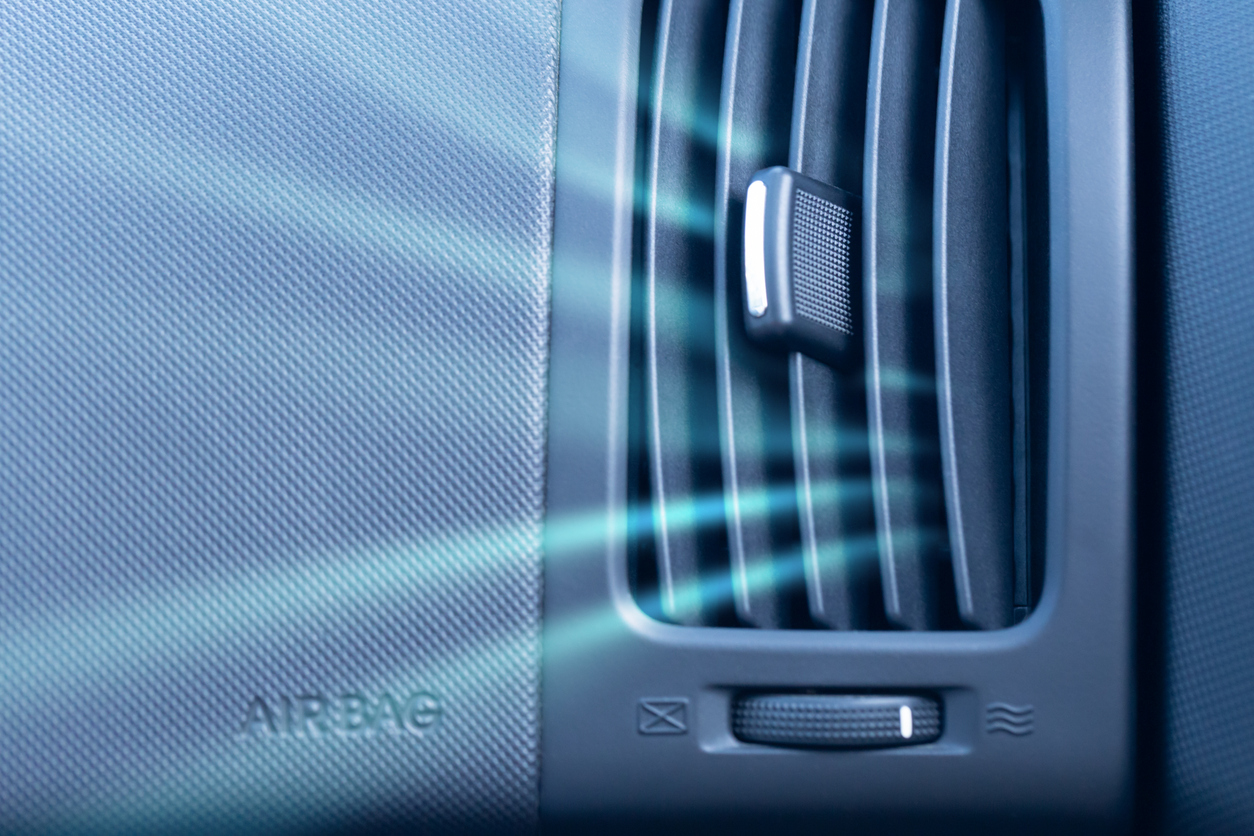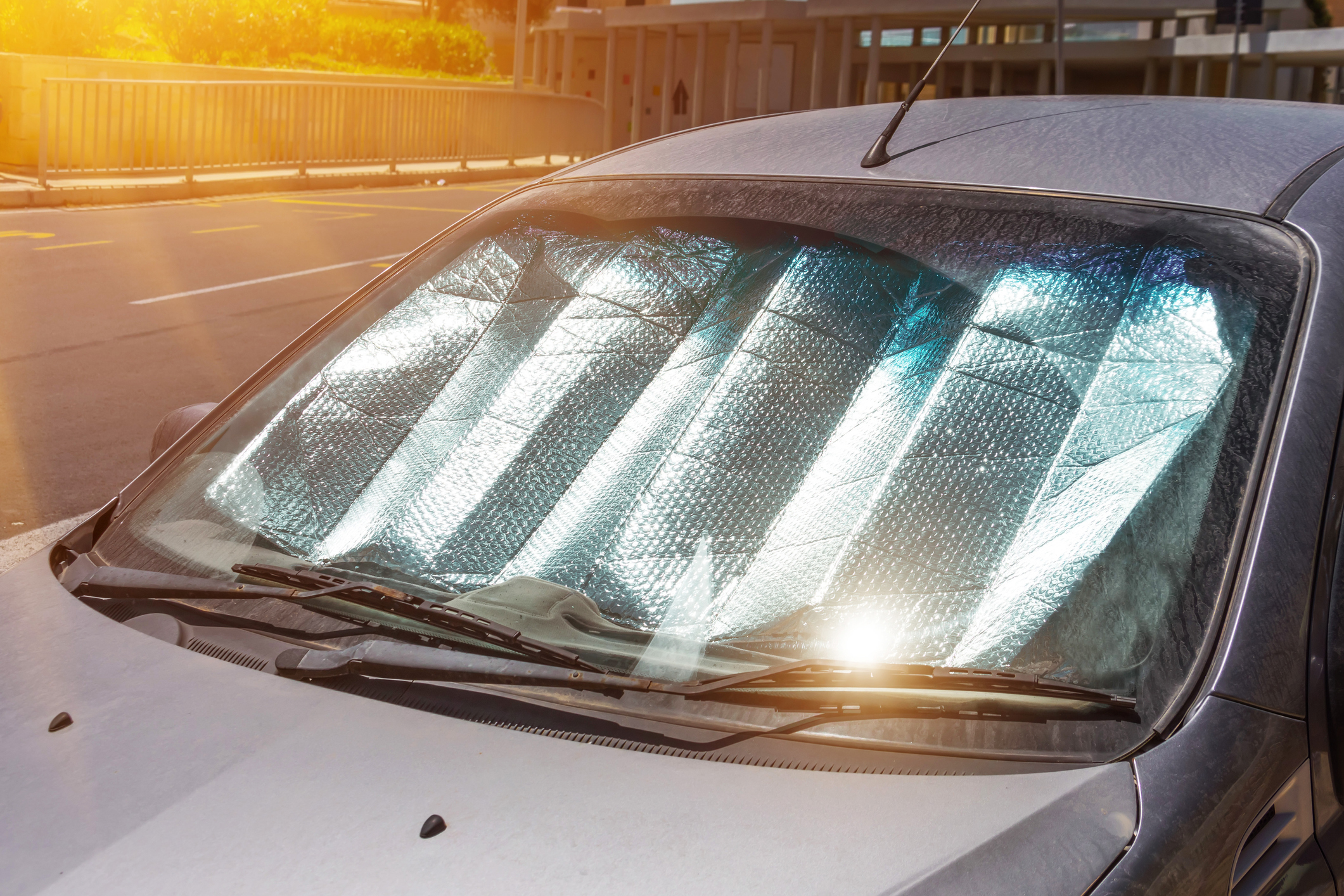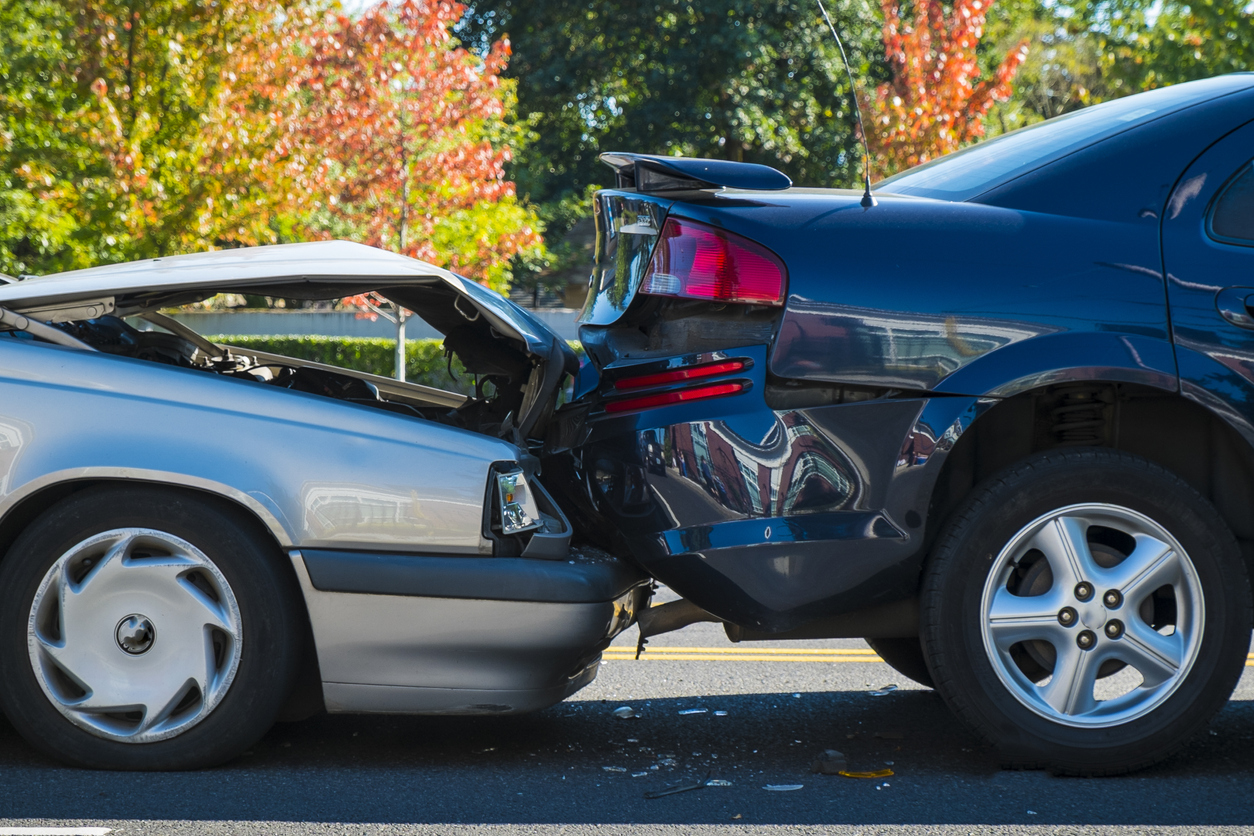Posted on 8/23/2023

Tires can wear faster in hot weather due to the following reasons: Rubber becomes softer. The rubber in tires becomes softer in hot weather, which makes it more susceptible to wear and tear. This is because the heat causes the rubber molecules to become more flexible and less resistant to deformation. Tires expand. As the rubber becomes softer, the tires also broaden. This can strain the tire walls and lead to premature wear. More friction. When tires rub against the road surface, there is more friction in hot weather. This is because the heat causes the road surface to become softer and stickier. The increased friction can also lead to premature wear. More frequent braking. Drivers brake more often in hot weather, which stresses the tires more. More debris on the road. Hot weather can cause more debris to accumulate on the road, such as leaves, gravel, and sand. This debr ... read more
Posted on 7/25/2023

High temperatures can have various effects on your vehicle, and it's crucial to take certain precautions to protect your car and ensure your safety during extreme heat. Here are some considerations for dealing with high temperatures and your vehicle: Engine Cooling: High temperatures can put extra stress on your car's engine and cooling system. Make sure your vehicle's cooling system is in good condition and check the coolant levels regularly. If the engine temperature gauge starts to rise above normal, pull over to a safe location, turn off the engine, and let it cool down before continuing. Battery Health: Heat can also affect your car's battery. Hot weather can lead to faster chemical reactions in the battery, which can cause it to degrade more quickly. Keep the battery and its terminals clean and free of corrosion, and if your battery is more than a few years old, consider having it tested to ensure it's in good working condition. Tire Pressure: High temperat ... read more
Posted on 6/27/2023

To protect your car's AC and optimize its performance in hot weather, you can follow these tips: Park in shaded areas: Whenever possible, park your car in shaded areas or use a sunshade to reduce the amount of heat entering your vehicle. This will help prevent excessive strain on the AC system when you start the car. Use a windshield sunshade: Placing a reflective sunshade on your windshield when parking can significantly reduce the temperature inside your car. This will make it easier for the AC system to cool down the interior when you start driving. Crack the windows: Before entering your car, crack the windows slightly to allow hot air to escape. This will help reduce the initial temperature inside the vehicle and ease the load on the AC when you start it. Ventilate the car before turning on the AC: Open all the windows and let the hot air escape for a few minutes before switching on the AC. This will help expel the built-up heat, allowing the AC to cool the interior more e ... read more
Posted on 6/6/2023

Keeping your car cool in hot weather is essential for your comfort and for maintaining the overall condition of your vehicle. Here are several tips to help you achieve that: Service your air conditioning system: Ensure your car's air conditioning system is in good working condition by servicing it regularly. Clean or replace the cabin air filter as recommended by the manufacturer. Use a sunshade or window visor: Place a sunshade or window visor on your windshield to block direct sunlight from entering your car. This will help reduce the interior temperature. Park in the shade: Park your car in a shaded area to minimize sun exposure. If there's no shade available, try to find a spot where your car will be in the shade during the hottest part of the day. Crack the windows: Leave your windows slightly open to allow hot air to escape and promote air circulation. However, ensure that the opening is small enough to prevent unauthorized access. Utilize car window tinting: Tinting ... read more
Posted on 2/20/2023

Your brakes are one of the most critical parts of your car, so it's essential to keep them in good working condition. But how can you tell when they need to be replaced? There are a few warning signs you can watch out for: 1. Your brake pedal feels spongy when you press it. 2. Your car takes longer than usual to stop. 3. You hear grinding or squealing noises when you brake. 4. Your brakes feel unresponsive. 5. Your car pulls to one side when you brake. If you notice any of these warning signs, it's time to take your car to a mechanic and have your brakes checked out. Don't wait until they fail - it could be too late